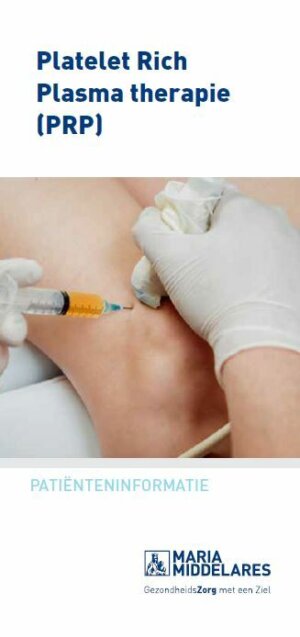PRP injections
What is it?
What is it?Platelet-Rich Plasma (PRP) is plasma with a rich concentration of platelets.
Platelets are best known for their role in blood clotting. They also release certain substances known as growth factors. These growth factors play a very important role in the healing of tendon injuries and cartilage damage. They also trigger various processes at the site of the injury that accelerate recovery.
Indications
Indications- Chronic tendon injury such as tennis elbow, Achilles tendon inflammation, patellar tendon inflammation.
- Tendon and muscle tears
- Joint osteoarthritis in the knees and hips
- Other:
- Chronic plantar fasciosis
- etc.
Process
ProcessPreparation
- It is important to not take any anti-inflammatories for at least 1 week before the treatment and up to 2 weeks after the treatment (e.g. Ibuprofen, Voltaren, Aspirin, Apranax, Mobic, Celebrex, etc.).
- For some infiltrations, it is best to provide crutches (infiltrations by the knee or foot).
- Make sure someone accompanies you, as you will not be allowed to drive yourself home after treatment.
Procedure
A small amount of blood (15 ml) will be drawn and centrifuged. This is done so that we can separate the various blood components and so that the blood plasma can be isolated out of the high concentration of platelets in your blood.
Afterwards, the blood plasma is injected at the injury site using ultrasound guidance. You will not receive local anaesthesia because research shows that this impairs tissue repair.
After the treatment
- The injection can cause localised pain. After 2 - 4 days, you will not feel that pain any longer. If this happens, you may ice the area to help alleviate the pain. You may take pain medication, if necessary (e.g. Paracetamol, Tramadol, etc.) so long as they are not anti-inflammatories.
- It may take 4 - 6 weeks before you feel better. PRP treatment continues to stimulate further healing for at least 12 weeks after infiltration.
- You should avoid strenuous activities for 2 weeks after the infiltration. This means that you should avoid physical exertion (e.g. long walks, going up many stairs, sports, etc.). You may do your daily activities.
- After some infiltrations, we recommend using crutches to avoid bearing weight on a lower extremity (e.g. infiltrations by the knee or foot).
- The treatment can be given up to 3 times at an interval of 6 - 8 weeks.
Possible side effects
Possible side effectsComplications are rare and are often mild.
- The injection can cause localised pain.
- Bleeding may occur due to poking through small blood vessels.
- Temporary or persistent nerve pain may occur. Pricking a nerve can result in numbness.
- Infection is possible.
Price
Price- In order to centrifuge the blood, we use a special syringe. This treatment is not reimbursed by the RIZIV and costs approximately €73.00.
- A consultation and ultrasound is billed for each session. This amount is mostly reimbursed by the health insurance.
More information
More informationFor more information, please contact the Physical Medicine and Rehabilitation Secretariat.
Tel. +32 (0)9 246 85 00
E-mail: fysio.onthaal@mijnziekenhuis.be
The secretariat can be reached:
- Monday to Thursday 8am to 12pm and 1.30pm to 5.30pm
- Friday from 8am to 12 noon and 1.30 to 4.30pm

PRP injections
DownloadLatest publication date: 16/05/2024


